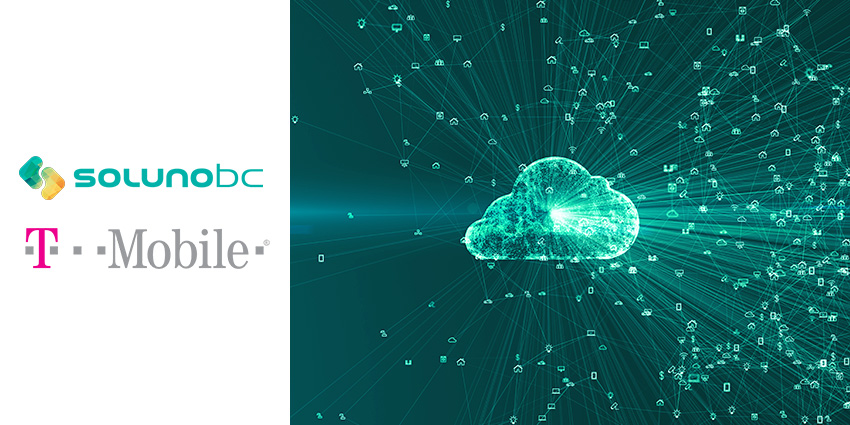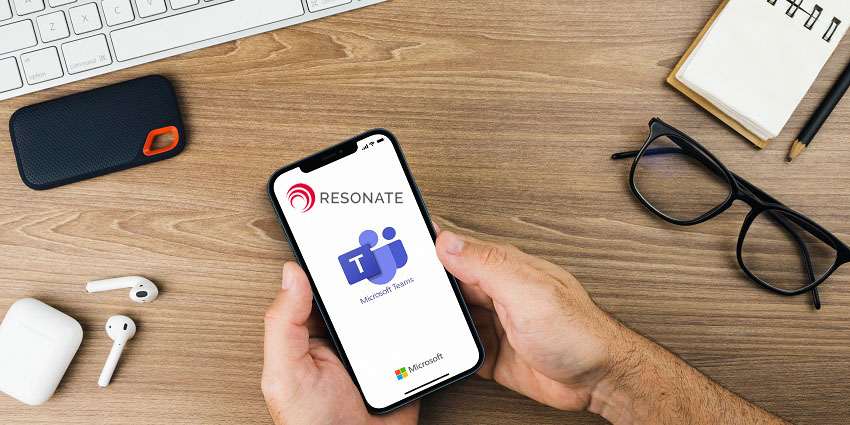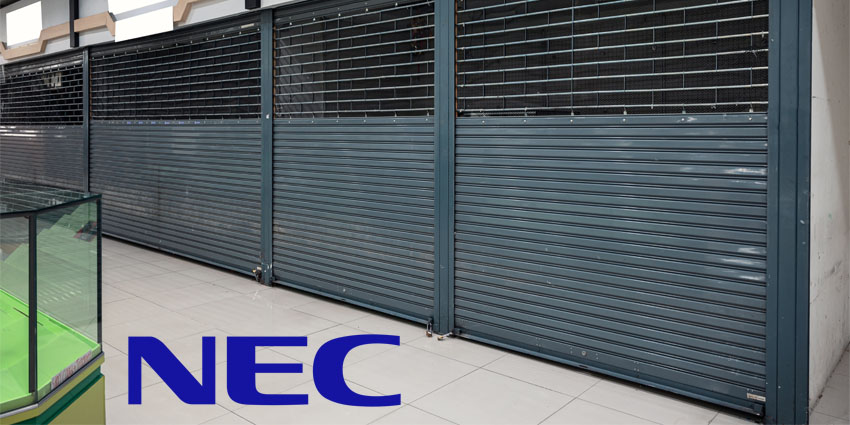Paul Smissaert works at Soluno in the Netherlands with a strong partnership (exclusively) with T-Mobile. They work collectively in a shared office space, which, according to Paul, serves as one of the pillars of great collaboration. The partnership between Soluno and T-Mobile started just over six years ago when T-Mobile Netherlands decided it wanted to extend cloud telephony services to enterprises. This is when Soluno decided to go on the journey with the mobile provider.
Soluno’s strength lies in its mobile-first approach to workplace communications and collaboration. Smissaert said this philosophy pairs well with T-Mobile’s mission as a service provider. T-Mobile, in collaboration with Soluno, offers an unlimited data subscription model in the Netherlands on the best tested 4G network for a fixed price of €35 (around $40)
“In the future, customers will be able to pair this with 5G, which will offer even higher speeds of connectivity for those powering their workdays via mobile devices”
Customers can take advantage of automated provisioning when they activate new users, as well as the ability to manage features like call routing, queuing, and billing – all powered by FMC forced on PBX. This means those using Mitel Telepo, BroadSoft, and Microsoft Teams technologies can gain value from the Soluno-T-Mobile project in the Netherlands.
Smissaert said the partners wanted to combine the on-premise functionality of a fixed number with a mobile number. This gives users capabilities such as true presence, which means they can avoid interruptions that might happen under other delivery models. “There are no boundaries between PBX and mobile functionalities.”
If you use Teams on the front end, it is often limited in functionality, especially when it comes to calling. Soluno beefs up the contact center and enables omnichannel experiences via WhatsApp, fax, and other media. “We combine these technologies to create omnichannel ‘call’ routing because we cannot dominate the way people work, we can only make it easier for them to do so.”
The way things have worked in the past is that companies used to dictate which technologies were available – this no longer works for today’s’ customer or knowledge worker, for that matter, according to Smissaert. He contends, companies cannot compete with the likes of Salesforce, so integrating with these tools remains key moving forward.
“If you look at customer behaviors, they want customized front-ends, but this is hard to maintain, which is why we developed Paris”
Paris is a system that acts as a digital employee, or a virtual assistant, capable of delivering advanced functions for those who work remotely. The virtual assistant works via mobile devices as well as laptops. For resellers, Paris makes activation, technical activation, and administrative activation simpler. This includes contract management and ensuring you have the right proposition, which is all handled by Paris.
Paris stands for (provisioning, automated, reliable, intelligence, and security), I’m told, and if you want to find out more about Paris – check out this video that dives deeper into what it can do. As always, I enjoyed chatting with Smissaert, who told me at the end of our call, that the cloud is the future. Those who are early adopters will become the greatest upholders of the technology, which we’ve seen first-hand can do wonders for continuity.







